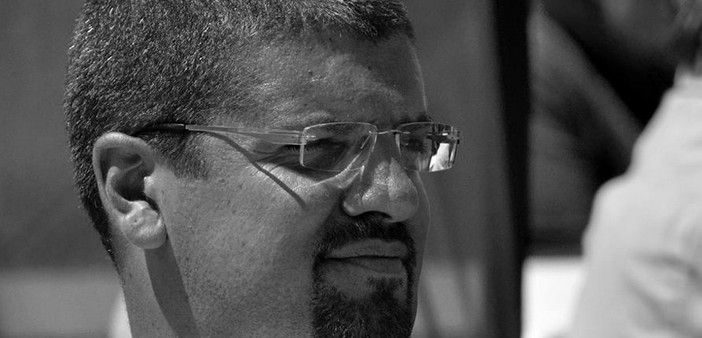We are familiar with the national preference dear to the National Front, carried by the famous slogan “French First!” “Les Républicains” are in the process of inventing a religious preference which could, in the specific case of asylum seekers’ reception, be summed up by the formula: “Christians Only!”
The question of welcoming asylum seekers has acted, since the Minister of the Interior’s tricky invitation to the mayors of France to participate in their care, as a revelation of each one’s political doctrine. Since then, the political stance of “Les Républicains” wavers between the best and the worst.
The “Les Républicains” mayor of Roanne, Yves Nicolin, claims that it is normal to welcome refugees if they are Christians but refuses to welcome Muslim refugees because he wants “absolute certainty that they are not disguised terrorists.”
By doing so, he places suspicion of radicalization on all Muslims. Furthermore, he breaks with France’s humanist tradition and makes a distinction between the persecuted: those who need to be saved, the Christians, and those who can be abandoned, the others. This stance is also contrary to the Constitution, which, in its first article, specifies that “France respects all beliefs.”
But Yves Nicolin’s reaction, as criticizable as it is, did not happen by chance. It is a symptom, the culmination of a long process of disintegration of the republican base of a political party that felt the need to self-proclaim “Les Républicains.”
Christian Estrosi, the first in August of last year, stated that jihadists were infiltrating among the migrants. He has long perpetuated the confusion between Islam and Islamism by maintaining that Islam is incompatible with democracy. A forerunner in the process of the French right’s extremization, he also declared last April that the third world war was underway between “Islamo-fascism” and Judeo-Christian civilization, with Catholics targeted and threatened in France.
Eric Ciotti and François Fillon, among others, have tirelessly held up Eastern Christians as symbols of good migrants, those who should be rescued and welcomed… as opposed to the others.
François Fillon, again, declared not long ago that we should welcome the refugees “otherwise we would not be worthy of our Christian heritage,” thus preferring to refer to a religious identity rather than a humanist or republican tradition.
However, if we were to trace the genesis of the drift of the French right in search of an identity base, preferring, perhaps to distinguish itself from the National Front, to anchor this identity base not in the nation but in religion, we would have to go back to Nicolas Sarkozy who has been exalting the Christian roots of Europe since 2008 and continually claims the Christian heritage of France.
We are thus confronted with a kind of “confessional identity populism”:
Rehashing of the outdated theme of invasion, with mass migrations pouring into our country, close to the theme of the “great replacement” dear to Renaud Camus, Eric Zemmour, and the identitarians.
Outbidding in the theme of fear and rejection of the other, amplified by the constant suspicion of radicalization weighing on all Muslims and the fear of the terrorist threat.
Retreat into oneself focused on national identity but also and especially on religious identity.
While a representative is supposed to defend the interests of all citizens they represent, some “Les Républicains” elected officials today loudly assert their belonging to Judeo-Christian civilization.
They break with French secularism by claiming a given religious identity, while secularism imposes neutrality of elected officials and public power, even local, in matters of religion.
They fuel a “clash of identities” which fragments the Republic. By affirming themselves as Christians or Judeo-Christians, in opposition to Islam, they highlight what divides society and not what unites the citizens.
Everyone arrives, not only carrying their personal identity, but imposing their belonging to a community on everyone else, so much so that the national community drifts a little further away each time.
Let us remember that while belonging to a community is a natural and legitimate need, communitarianism begins when one prioritizes the interests of their community and its members over the general interest.
by David Nakache


